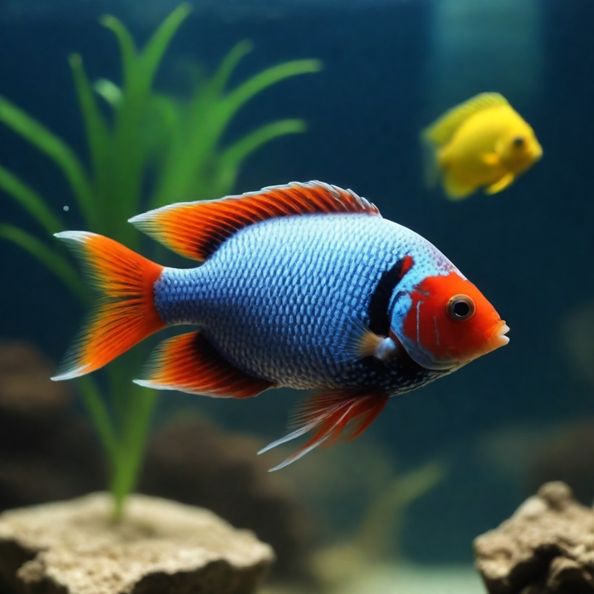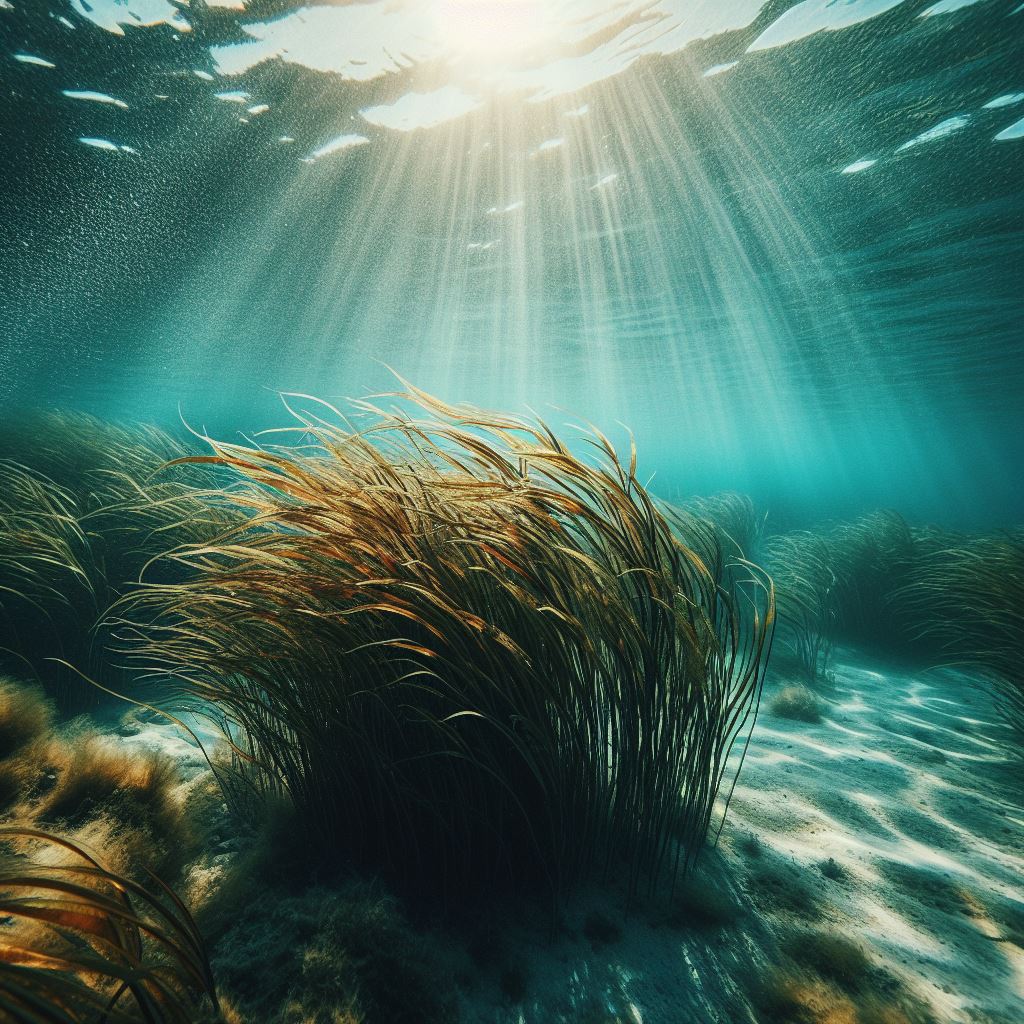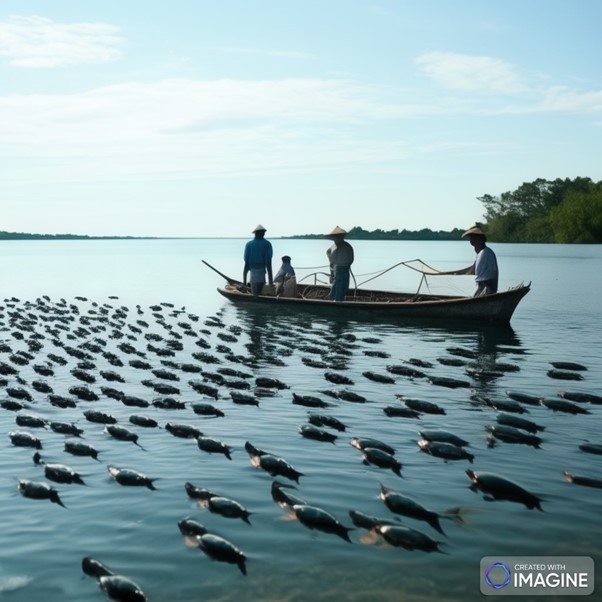Impacts of Disease Outbreak on Aquaculture
Article By: Farah Izana Abdullah
Diseases can have a significant impact on aquaculture, affecting both the health of aquatic organisms and the economic viability of the industry. The impacts can be diverse and encompass various aspects:
- **Mortality and Losses**: Disease outbreaks in aquaculture systems can lead to high mortality rates among the cultured species. This can result in significant financial losses for farmers and producers. The loss of valuable stock can disrupt production schedules and reduce yields, affecting the overall profitability of the industry.
- **Production Disruptions**: Disease outbreaks can disrupt production cycles and delay harvests. Quarantine measures might be necessary to prevent the spread of disease, leading to delays in stocking, harvesting, and sales. This can result in reduced availability of aquaculture products in the market.
- **Increased Operating Costs**: Disease management often requires additional investments in terms of diagnostic tools, treatments, biosecurity measures, and quarantine facilities. These increased costs can strain the budgets of aquaculture operations, particularly small-scale ones.
- **Trade Restrictions**: Disease outbreaks can lead to trade restrictions imposed by importing countries to prevent the spread of pathogens. This can limit market access for aquaculture products, negatively impacting the industry's global competitiveness.
- **Environmental Impact**: Disease outbreaks can sometimes lead to the release of treatments, antibiotics, or other chemicals into the aquatic environment. This can have negative ecological consequences, including pollution and the development of antibiotic resistance in aquatic organisms.
- **Loss of Genetic Diversity**: Some disease outbreaks might target specific genetic lines of cultured species. If these lines are lost due to disease, it can lead to a reduction in genetic diversity within the cultured populations. This loss of genetic diversity can make the species more susceptible to future diseases and environmental changes.
- **Consumer Confidence**: Disease outbreaks in aquaculture can erode consumer confidence in the safety and quality of aquaculture products. Consumers might become concerned about the potential presence of pathogens or contaminants in the products, leading to decreased demand.
- **Research and Development**: Disease outbreaks often trigger increased research efforts to understand the pathogens, develop diagnostics, and find effective treatments. While this can lead to advances in disease management, it also requires resources and time to develop and implement these solutions.
- **Innovation and Biosecurity**: Disease challenges can drive innovation in the aquaculture industry, prompting the development of improved biosecurity measures, disease-resistant strains, and sustainable production practices. This can have long-term benefits by enhancing the industry's ability to prevent and manage diseases.
- **Regional Variability**: The impact of diseases on aquaculture can vary based on factors such as the type of aquaculture system, species being cultured, environmental conditions, and management practices. Some regions might be more prone to certain diseases due to their unique conditions.
To mitigate the impact of diseases on aquaculture, it's essential to prioritize biosecurity measures, implement proper management practices, and invest in research and development for disease prevention, diagnostics, and treatment. Collaborative efforts among stakeholders, including researchers, producers, regulatory agencies, and trade partners, are crucial to effectively address disease challenges in aquaculture.
Date of Input: 27/07/2023 | Updated: 07/09/2023 | s_humaira
MEDIA SHARING




























